-

How celebrating Sukkot shapes us
At first, some of YHVH’s instructions appear strange to us. We do not see the sense in keeping them. Yet, if we are obedient and keep the commandment, we soon see the benefits. Sometimes you see the benefits after making the commandment a habit. The feast of Sukkot is one of these commandments. By keeping…
-
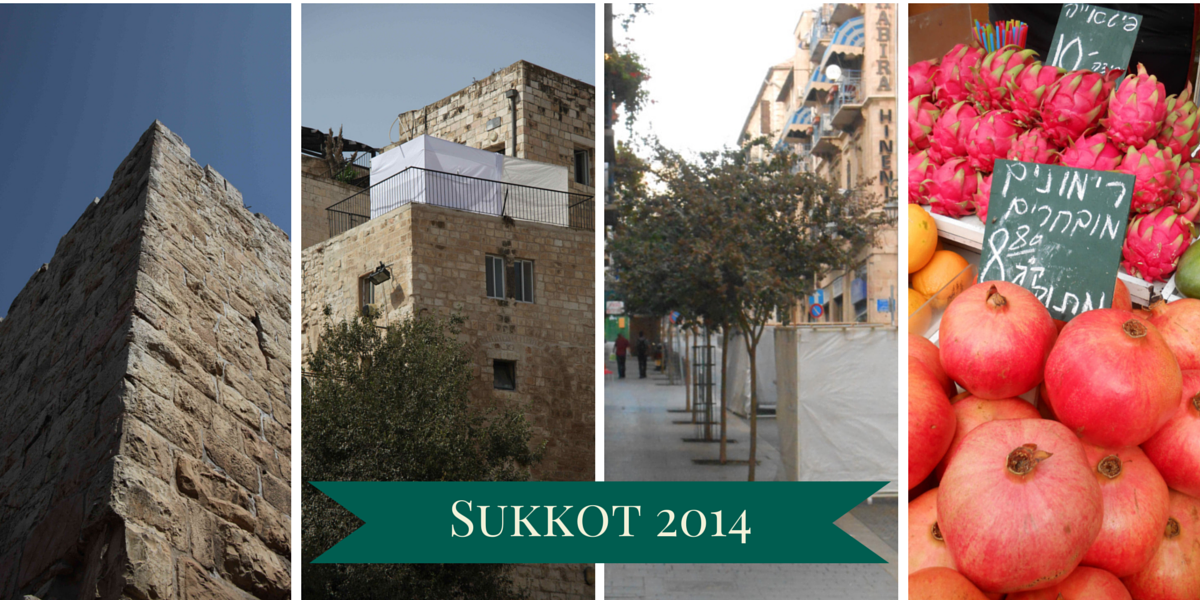
Sukkot in Jerusalem
We are in Jerusalem for the feast of Sukkot. Here is a photo report of the wonderful experience. Enjoy the sights of this wonderful time with us.
-
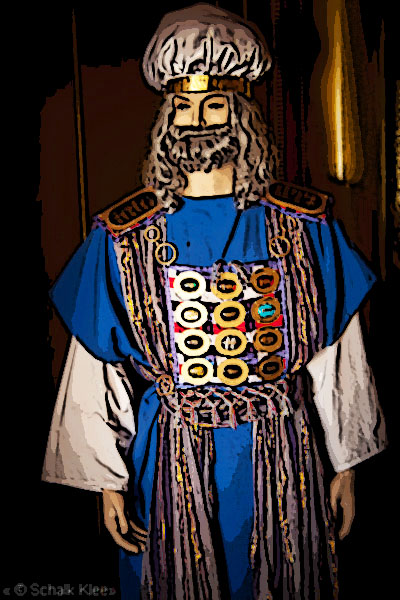
The New High Priest on Yom Kippurim
During the annual mo’ed of Yom Kippurim (Day of Atonements), the high priest of Israel had a very special role to play. He had to take the blood of the sin offerings before YHVH to atone for his sin, his family’s sin and the sin of the nation. When Y’shua died and was resurrected, His…
-
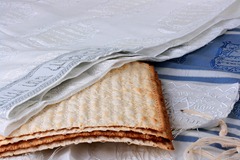
How to celebrate Pesach and the Feast of Unleavened Bread
Abba YHVH, in His greatness, has given us seven festivals to celebrate throughout the year. These are His appointed times. We are, in this study, going to focus on the practical observation of the feasts of Pesach and Unleavened bread. In Ex 12:2-29 we find the instructions for the very first time these feasts were…
-
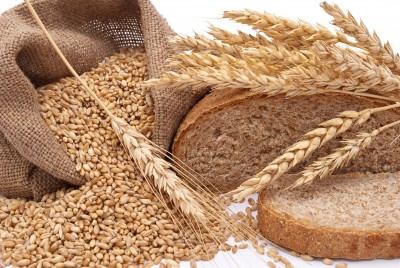
The Sabbatical Year, should we keep this commandment?
The Sabbatical year is a picture of provision. All the instructions regarding this commandment points to provision. The releasing of debt and slaves. The cessation of all field labour for a year. These are very challenging instructions. To keep the Sabbatical year requires absolute dedication. Dedication in our obedience towards our Elohim.
-
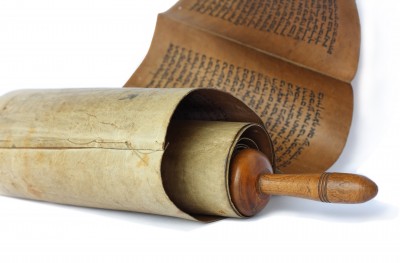
When you enter the land – Understanding the full context leads to better understanding
I have often heard the phrase “When you enter the land†mentioned in discussion on the applicability to a specific commandment. I have previously spoken about our logic getting in the way of our obedience. Could the use of this condition be another example of us trying to reason which of the instructions of YHVH…
